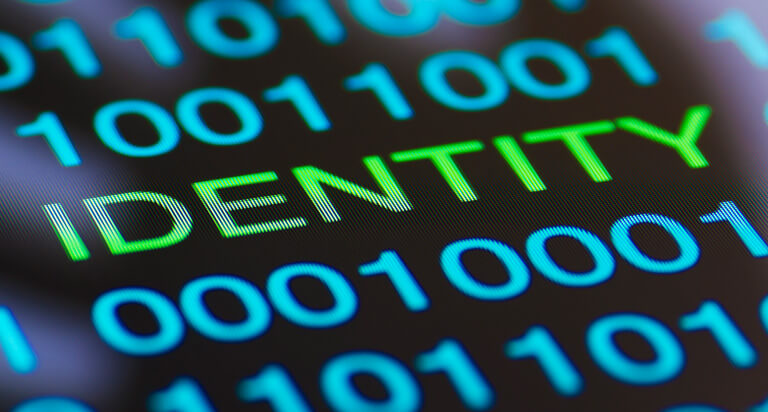Cybersecurity Awareness: Your Checkup Checklist
Highlights:
- There are steps you can take that may help reduce your chances of becoming an identity theft victim
- Ensure your computer and mobile devices are password-protected
- Consider enabling two-factor authentication for apps and websites if it's available
It can seem harder than ever to keep up with – and stay ahead of – the threats posed by hackers and fraudsters online, particularly as their tactics keep changing.
While it may not be possible to make your information and data completely hack- or theft-proof, protecting it as best you can may make you a less likely target. It's a perfect time to dedicate a few hours to your personal cybersecurity.
Cybersecurity checklist
Here is a checklist you can use to conduct your own cybersecurity checkup:
1. Is your computer up to date? Whether you use a desktop, a laptop or both, make sure your browser, operating system and software is updated, so you can receive any patches or security updates released. This can help protect you against malware.
What’s malware? It’s short for “malicious software” and there are a number of types. Some common types include computer viruses, spyware that “spies” on your online, and ransomware that can lock down your computer and files, threatening to erase everything unless you pay a ransom.
While you’re at it, do you have an antivirus program installed? Is it updated to help protect against the latest threats? When is the last time you scanned your computer? And do you back it up regularly? Is your computer password-protected?
If you’re shopping or banking online, look for the https:// that designates a site encrypts data during transmission, or look for a padlock symbol showing the page is secure.
2. Is your mobile device secure? Ensure your phone is protected by a passcode, or that you use a fingerprint or facial recognition to unlock it. If your phone is set up to connect to any available public WiFi network, turn this feature off to avoid connecting to any unsecure networks that may put your personal information at risk. If you frequently must use public WiFi, consider using a Virtual Private Network (VPN).
And if you’re charging your mobile device in a public place, don’t plug your phone’s USB cable into unfamiliar ports; use your own port and cable and plug it into a power outlet. If a port or cable is hacked or compromised, the data on your phone could be stolen.
3. Are you suspicious of unsolicited emails or texts? It can be hard to recognize phishing emails or text messages. A best practice is to avoid clicking on links or attachments in emails you aren’t sure about. If the sender is someone you know, verify with them that the email is legitimate before clicking on it – their account could have been hacked. Don’t send any personal information over email or text.
4. Let’s talk passwords. It’s hard to keep up with passwords on multiple web sites. That’s why it’s common for people to reuse or repeat usernames or passwords. But it’s risky – if one of your accounts is compromised, others using those credentials could also be accessed. Consider using a password manager that creates unique passwords and stores them securely. You also may want to think about enabling two-factor authentication when possible. This adds an extra layer of security and requires you to take an extra step (such as entering a code texted to you) in order to log in.
5. Are your social media habits putting you at risk for identity theft? Check the privacy settings on your social media accounts to make sure you’re comfortable with them. You can also set up login notifications that will let you know if someone else logs into your accounts. Be cautious about what you share and who can see it; your publicly available information could be used to find answers to security questions or learn your routines and location.
6. What about your apps? Check the privacy permissions on your apps and only grant those that are needed. Apps that can access your photos, location, camera and contacts, for instance, can allow the app owner to access your information. Only download apps from the Apple App Store® or Google Play™ and avoid those from third-party app stores. Also avoid apps that pop up and ask you to download them, as they could contain malware.
Cybersecurity awareness may seem unnecessary, but the time you put in may help protect you from hackers and fraudsters, who can create a mess that may take much more time to unravel.
Get your free credit score today!
We get it, credit scores are important. A monthly free credit score & Equifax credit report are available with Equifax Core CreditTM. No credit card required.



